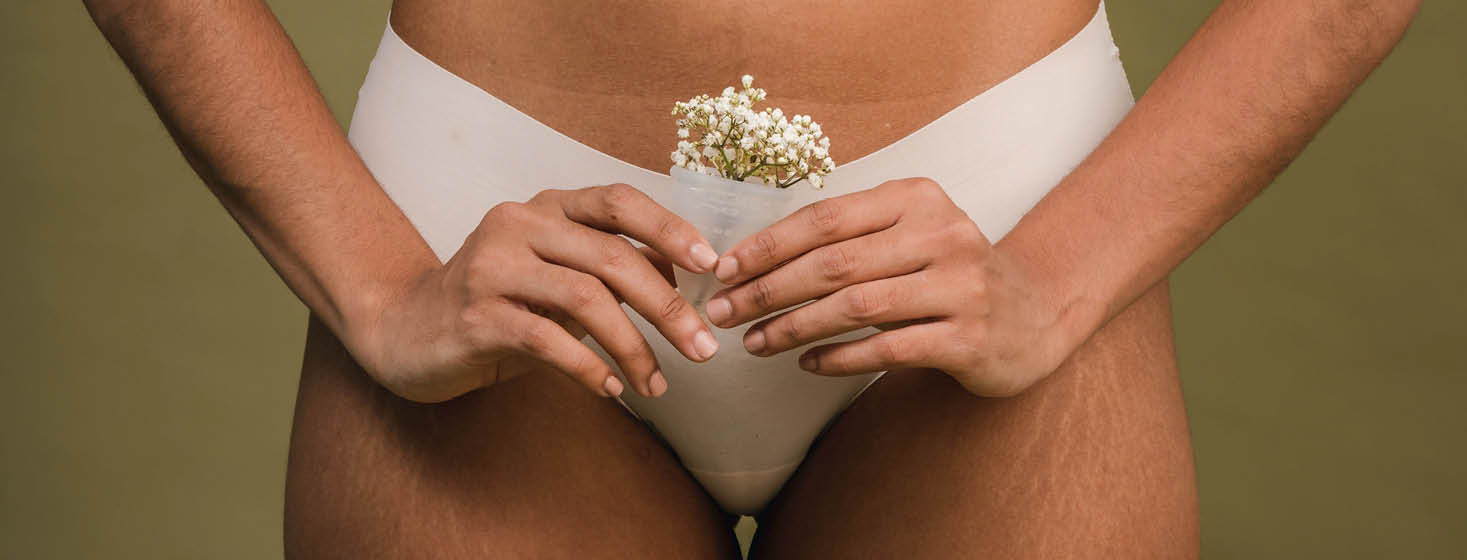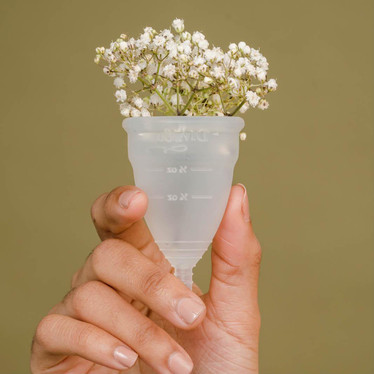
Most women turn to mainstream tampons or sanitary pads during their monthly periods. Conventional wisdom (and, let's face it, convenience) tells us that these are our only two options – it’s easy to either order online or quickly pick up a pad or tampon.
However, many women are unaware of the potentially harmful repercussions of using these mainstream feminine products. Did you know that there are a host of harmful chemicals in your pads and tampons? Or that they are taking up space in New Zealand landfills? There may be environmental and health reasons to consider alternatives. Not to worry! There are plenty of options for those seeking natural feminine hygiene products.
Chemicals and additives
There are a whole host of synthetic ingredients in mainstream tampons and pads. According to Dr. Joseph Mercola, the vaginal walls are extremely permeable – meaning that substances inserted into the vagina (or even surrounding it) are likely to penetrate your skin and become absorbed into your bloodstream.
Rayon: Rayon, a synthetic fibre, is commonly used in tampons after being bleached with chlorine to become super-absorbent. This might sound great, but its fibres can become attached to the vaginal walls.
Dioxin: Dioxin is one of the most major concerns surrounding non-organic feminine products. As mentioned above, most pads and tampons are bleached with chlorine, which sounds harmful enough as it is! But the bleaching process produces dioxin – a known endocrine disruptor – as a by-product.
Endocrine disruptors mimic the presence of oestrogen in the body, leading to an increased risk for breast cancer and reproductive issues. According to The Organics Institute, dioxin is also known to reduce immune system function.
Pesticides: Conventional pads and tampons are made of non-organic cotton, which is often treated with a variety of pesticides. As the vaginal wall is one of the most absorbing parts of the human body, this is obviously cause for discomfort. Speaking of which …
Non-chemical health issues
Vaginal discomfort: Using conventional tampons that are synthesised to be particularly absorbent can result in vaginal dryness. The absorption of natural vaginal mucous can lead to itchiness and dryness. If you’re a pad user, you may still experience discomfort from conventional products – pads produce extra warmth in the vaginal area, creating an environment suitable for yeast.
Toxic Shock Syndrome (TSS): Bacteria called staphylococcus aureus produce toxins within the body. For the most part, these bacteria live in the body without causing any harm. However, if an individual cannot produce the antibodies to combat the bacteria, they can develop TSS.
According to The Toxic Shock Syndrome Information Service (TSSIS), research indicates that tampon absorbency is tied to TSS. For this reason, it is advised to use the lowest-absorbency tampon possible throughout your period.
Safer alternatives
If you’re ready to make the switch from conventional feminine hygiene products to safer alternatives, you have plenty of options.
Organic tampons and pads: Organic products are made from cotton that has not been treated with chemical pesticides. These safer alternatives are also less likely to be enhanced with artificial fragrances, making them less likely to irritate sensitive skin.
Menstrual cups: Menstrual cups are a safe and eco-friendly option for those who are sensitive to vaginal dryness or concerned about the environment. Most menstrual cups are made from soft silicone and are designed to stay in place for eight hours. Because they are made with silicone, they don’t absorb vaginal secretions – they simply collect menstrual fluid, which can be disposed of throughout the day. Bonus: Most vaginal cups are designed to last for years, which means that over the long term, you’ll save lots of cash!
Natracare produce a range of feminine products including pads, tampons and panty liners that are made from certified organic and natural, plant-derived materials. They are chemical and additive free, and biodegradable. The Mooncup is the original silicone menstrual cup designed by women to be a convenient, safe and eco-friendly alternative to tampons and sanitary pads. Loved by women all around the world, and made in the UK by a multi-award winning ethical business, the Mooncup menstrual cup offers an end to the waste, discomfort and expense of disposable sanitary protection. Buy Natracare products and Mooncups now from our secure online shop.
We’d Love Your Feedback
Do you use or have you tried an alternative to mainstream tampons or sanitary pads?
If yes, do you have any advice for others who may be keen to try?
Sources
http://theorganicsinstitute.com/shocking-truths-about-tampons-pads/
http://www.huffingtonpost.com/dr-mercola/feminine-hygiene-products_b_3359581.html
http://www.toxicshock.org.au/faqs/main.asp
http://www.mooncup.co.uk/advice-centre/faqs/all-questions/getting-started-with-the-mooncup.html

